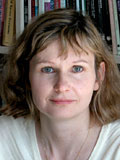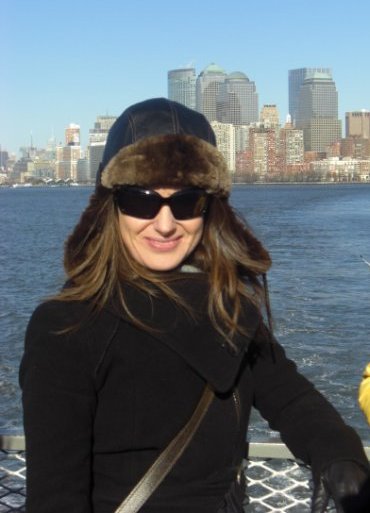last update feb 2012
The 'lab' is made up of faculty, graduate students and researchers from a number of departments within the university as well as from other institutions.
J.P. Catungal
Graham Macdonald
My master’s thesis research looks to reframe the creative cities discourse. I am proposing that the current prescriptive nature of the creative cities approach undervalues context and social goals. Through a case study untaken in Vanuatu, I suggest that empowering local creative assets and embedding social and environmental goals into the creative cities approach leads to economic and cultural sustainability. As an urban planning master’s student (MScPl) with a BA in Geography from Simon Fraser University, my research interests outside of creative economies include: mixed-use urban design, real-estate development and retail strategy based on local entrepreneurism as a strategy for activating streetscapes. As part of understanding how megacities in emerging economies plan for large populations and the inherent inequalities associated rapid economic development, I have specifically looked at Gondola's as public transit and social infrastructure in Medellin and Caracas. Previously, I have been an intern with LiveWorkLearnPlay and volunteer for the Canadian Urban Institute.


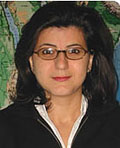
Norma Rantisi
Dr. Rantisi is an Associate Professor in the Department of Geography, Planning and Environment at Concordia University. She received her Ph.D. in Geography from the University of Toronto in 2002. Her teaching and research interests include local economic development and policy, industrial restructuring, and the cultural economy of cities. In 2003, she received a three-year grant from Le Fonds Québécois de la Recherche sur la Société et la Culture to study the design innovation system for the Montreal apparel industry, and in 2006, she received a three-year grant from the Social Science and Humanities Research Council of Canada (SSHRC) to examine the local and global sources of innovation for the Montreal fur industry. With Professor Deborah Leslie, she has been involved in an on-going study of the design economy in Montreal and the role that government and non-profit institutions play in regulating it. She is also a co-applicant on a SSHRC-funded Major Collaborative Research Initiative on "The Social Dynamics of Economic Performance: Innovation and Creativity in City-Regions" (2006-2011). Dr. Rantisi has published in journals in the fields of Geography and Planning, and is presently on the editorial boards of Geography Compass and Progressive Planning Magazine.(more)

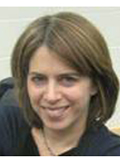
Shauna Brail
Dr. Shauna Brail is the Director of the Urban Studies Experiential Learning Program and is a faculty member in Urban Studies at the University of Toronto, and has an appointment to the graduate faculty of Geography and the Programme in Planning.
Dr. Brail’s research interests lie broadly in the area of economic geography with a focus on the social, cultural and economic changes associated with shifting industrial strengths of cities and with a particular focus on the cultural/creative economy. In collaboration with Professor Deborah Leslie, she is involved in a SSHRC-funded MCRI project on the social dynamics of innovation. In particular, they are working to understand Toronto’s fashion and visual arts sectors, and how the presence and nature of these cultural industries broadly contribute to talent attraction and retention in the city. Some themes currently under exploration include: the impacts of globalization on the sector, gender and immigrant issues, and niche/artisanal production strengths in Toronto.
Another research project that Dr. Brail is currently working on is called “Best Practices in Experiential Learning” and is a review of experiential learning courses offered by Urban Studies faculty at a selection of universities across Canada and in the U.S. This project aims to understand and identify best practices in experiential learning programs that can be adopted by UofT’s Urban Studies program as well as disseminated to a broader audience both within and outside the university.
(more) 
Steve Millington
I am a senior lecturer in human geography at Manchester Metropolitan University (UK). In 2007 I co-edited the collection Cosmopolitan Urbanism and two special issues: the first on everyday life for Environment and Planning A and the second on banal mobilities for Social and Cultural Geography. I also set up new Masters degrees in urban regeneration. In 2008 I am publishing two papers (with Tim Edensor). Our paper for Global Networks examines the intersections between place branding, identity and sport. The second for Sociology examines the class relations of everyday creativity through an investigation of the popular practice of adorning the outside of houses with spectacular Christmas Lights displays. I am currently involved in two embryonic research projects. The first (with Bethan Evans) is examining the intergenerational dimensions of creative outdoor play. The second (with Tim Edensor) is beginning to explore landscapes of illumination, focussing on the creative practices involved in producing formal outdoor decorative electric light displays, through a case study of Blackpool Illuminations. My aim over the next five years is to develop further empirical research projects in the realm of vernacular creativity.
(more) 
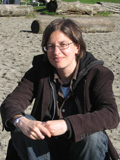
Tara Vinodrai
Tara Vinodrai is an Assistant Professor in the Department of Geography and Environmental Management and the Centre for Environment and Business in the Faculty of Environment, University of Waterloo. Her interests relate to design, innovation, creativity and local labour market dynamics in the urban economy. She explored these issues more fully in her dissertation work in economic geography (University of Toronto) through quantitative and qualitative analysis of design work in Toronto. She has conducted extensive analysis on the nature of Canada’s creative and cultural economy and has acted as a consultant on issues related to innovation, creativity and design to a number of local and provincial government agencies and industry associations including the City of Toronto’s Economic Development Office, the Ontario Ministry of Economic Development and Trade, the Ontario Research and Innovation Council, the Ontario Ministry of Culture, and the Design Industry Advisory Committee. Prior to her doctoral studies, she worked at Statistics Canada on issues related to the emergence of Canada’s knowledge economy. She is also an affiliate of the Program on Globalization and Regional Innovation Systems (PROGRIS) and a member of the Innovation Systems Research Network (ISRN) - a national, interdisciplinary team of researchers addressing issues related to the social dynamics of innovation, knowledge and learning, talent attraction and retention, and governance in Canada’s city-regions.
(more) 
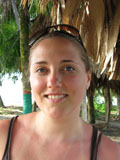
As a Ph.D. candidate in urban cultural geography, I am commonly preoccupied by social struggles for urban space. My dissertation research explores the role of urban planners as colonial agents in the Philippine-American imperial relationship (1898-1946). My central concern in this project has to do with urban planning as a civilisational and modernising body of knowledge and set of practices. I am also presently involved in a collaborative project with Deborah Leslie; we are exploring moments of social exclusion in the creation of local cultural districts and creative festival marketplaces. We are currently co-writing papers based on our research on Liberty Village, a self-marketed ‘creative hub’ in inner city Toronto, and will soon be exploring the utility of queer and critical race theories in critiquing creative city policies. My previous work deals with a broad slew of projects on cities as political spaces, from an undergraduate thesis on homophobic violence and displacement in Vancouver’s Stanley Park to an M.A. research project on the urban politics of student voluntarism programs and university-city relationships.
(more) Amy Cervenan is a PhD student in geography at the University of Toronto working under the supervision of Deborah Leslie, Canada Research Chair in Cultural Economy. With a background in economics (McGill) and a master's degree in urban planning (University of Toronto), Amy's interests have shifted to critical geography, yet remain concerned with the overlap of economy and culture in space - particularly cities. Her master's research examined Toronto's cultural promotion initiatives associated with its ongoing cultural renaissance and status in 2005 as a Cultural Capital of Canada.
Carolyn Hatch
Amy Cervenan
Debby is an Professor in Geography at the University of Toronto. Her research interests are united by a common theme: the relationships between economy, culture and place. In general, research topics include: the location and dynamics of cultural industries and their production systems; urban cultural policies and new forms and scales of urban governance; the body and the workplace; and the spatial and temporal logic of commodity chains and networks, including ethical issues surrounding consumption. More specifically, past research has looked at industrial and graphic design services in Toronto, Montreal and Vancouver, and also on advertising agencies in New York City. Recent work has focused on processes of talent attraction and retention and skill formation in the fashion and art sectors in Toronto. She is also conducting research on new industry formation and displacement in Liberty Village, Toronto. Together with Norma Rantisi at Concordia University in Montreal, she is examining the unique geographic and regulatory factors that have fostered innovation in the circus in Montreal.
(more) lab members

Carolyn Hatch is a doctoral candidate in planning at the University of Toronto and works with Meric Gertler. Her interests range from design, manufacturing and the cultural industries, to local labour market dynamics, innovation, and economic development. Her PhD research project, titled "Competitiveness by design: an institutional perspective on the resurgence of a 'mature' industry in a high-wage economy" investigates the institutional foundations of competitive advantage in Canada's office furniture manufacturing sector. She explores the ways in which firms 'learn' both how to produce (i.e. industrial processes and practices) and what to produce (i.e. design-led products) from multiple learning sources, namely their founders (who often hail from European countries and manufacturing regimes), designers, and lead users. She has been involved with projects of the Innovation Systems Research Network on the social dynamics of innovation and economic performance in Canadian city-regions, in particular exploring why and how certain cities attract and retain highly skilled talent, and how that in turn contributes to their economic dynamism. Prior to her PhD, Carolyn worked in curatorial practice and collections management at Toronto's Royal Ontario Museum, and her research explored the consumption of French Art Déco style in Canada.



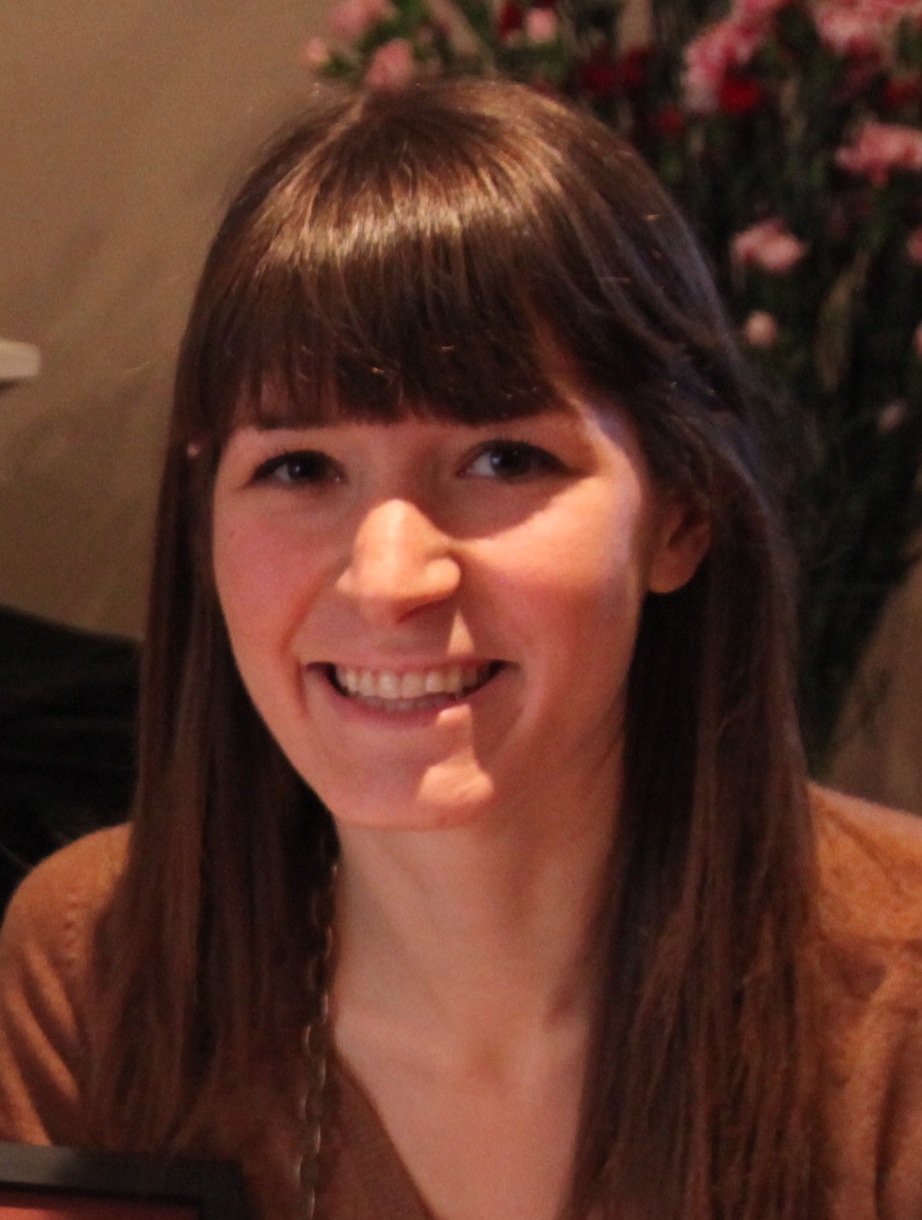
Eleanor Rae
Eleanor Rae is a PhD student in the Department of Geography, working under the supervision of Dr. Deborah Leslie. Eleanor completed her HBA in Peace and Conflict Studies at the University of Toronto, then went to NYU to receive an MA at the Draper Program in Humanities and Social Thought. Her current doctoral work looks at cultural and symbolic landscapes in the urban environment, focusing on condominium development in Toronto. Her research examines the city’s transforming skyline as both reflective and constitutive of broader geo-political processes including urban neoliberalism, gentrification, place-making and identity, the rise of ‘creative city’ strategies, and the production of a symbolic economy.
University of Toronto
Sidney Smith Hall
100 St. George Street, Rms. 5028 & 5029
Toronto, ON. M5G 3G3
Ph. # 416.978.6679
